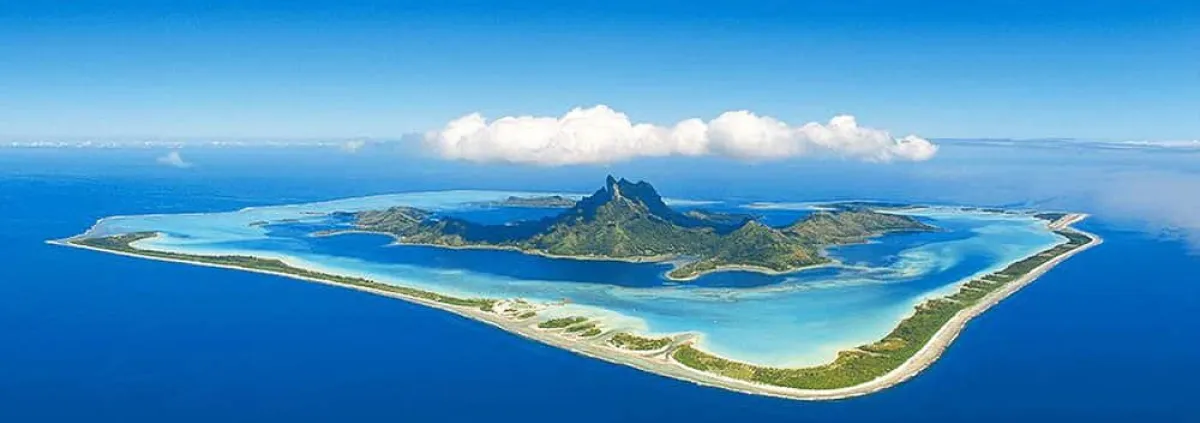Commonwealth heads of government are preparing to defy the United Kingdom and agree to plans to examine reparatory justice for the transatlantic slave trade.
In the run-up to this year's UK Commonwealth summit, there have been growing calls from Commonwealth leaders for the UK to apologise and make reparations worth trillions of pounds for the country’s historic role in the slave trade.
The current text of the draft summit communique says: “Heads, noting calls for discussions on reparatory justice with regard to the transatlantic trade in enslaved Africans and chattel enslavement… agreed that the time has come for a meaningful, truthful and respectful conversation towards forging a common future based on equity.”
Reparatory justice for slavery can come in many forms, including financial reparations, debt relief, an official apology, educational programmes, building museums, economic support, and public health assistance.
Officials from Caricom, the body that represents Caribbean countries, have sought to broaden the issue so that it encompasses not just the slave trade across the Atlantic but also the Pacific.
The draft communique says a majority of member states “share common historical experiences in relation to this abhorrent trade, chattel enslavement, the debilitation and dispossession of indigenous people”.
A report published last year by the University of West Indies - backed by Patrick Robinson, a judge who sits on the International Court of Justice - concluded the UK owed more than £18tn in reparations for its role in slavery in 14 Caribbean countries.
Last weekend the prime minister of the Bahamas, Philip Davis, used a visit by Foreign Office minister Baroness Chapman to tell her the fight for reparations was far from over.
Bahamas foreign minister Frederick Mitchell told BBC Radio 4's Today programme: "The word is apologise, that’s the word." He said for the Commonwealth gathering, "it’s a simple matter – it can be done, one sentence, one line." Asked how much reparations should amount to, Mr Mitchell said it was not just a matter of money but of “respect, acknowledging the past was a wrong that needs to be corrected”. He said member countries "want the conversation to start" but "there appears to be even a reluctance to have the conversation".
UK Culture Secretary Lisa Nandy said the UK had heard calls for slavery reparations "loud and clear" but that prime minister was "right" to "focus on the future". A UK government spokesperson said they would not comment on the leak to the BBC, but added: “Reparations are not on the agenda for the Commonwealth Heads of Government meeting. The government’s position has not changed – we do not pay reparations.
All three candidates hoping to be elected this weekend as the next secretary general of the Commonwealth - Shirley Botchwey of Ghana, Joshua Setipa of Lesotho and Mamadou Tangara of Gambia - have made clear they support reparatory justice.

Here is another example of black privilege. First of all, it must be remembered that today's UK - it's people and its government have never enslaved anyone, thus they have nothing to apologize for. The UK already gives substantial amounts of help - including aid or money - to many if not most of the Commonwealth nations. Second, it should also be remembered that the first slavers were black africans themselves - the Zulu leaders, the tribal chieftains, etc., who enslaved a part of their own population and who later sold a part of their own population to black slavers who then sold them to white european slavers. It is another example of black privilege that these majority black Commonwealth nations don't demand apologies from the African nations who first enslaved their ancestors. It appears they are just trying to grab as much money as they can - and it is shameful. Black nations are going to need the West's help to survive the coming rising sea levels (circa 64 meters) which global warming is causing. They should stop this ridiculous money grab, control their population growth - because it is out of control - and try to become self-sufficient and stop relying on the West to pay for their overpopulation and high population-density related problems like the destruction of Nature.